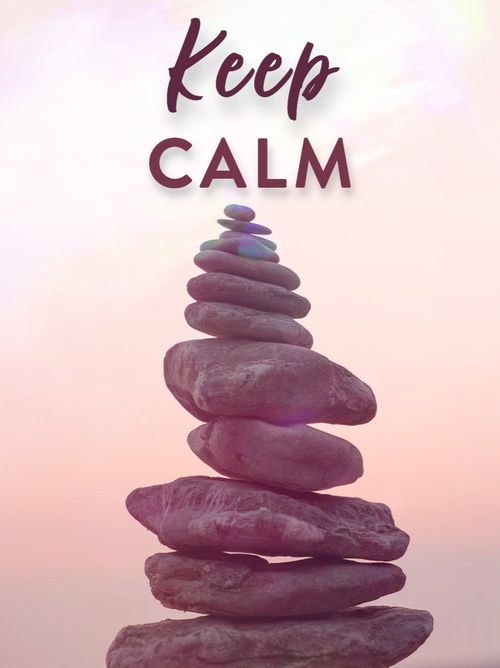How can I stay calm under pressure?
Nov 26, 2021 · 2 mins read
0
Share
We’ve all experienced some form of cracking under pressure, whether it’s drawing a blank when everyone’s watching or not performing as hoped when it really matters.
These spikes of nerves affect even professional athletes and public figures. But why?
Save
Share
There are two types of theories on why nervousness can undermine expertise. Both maintain that it comes down to a matter of focus.
Save
Share
First, distraction theories argue that our abilities dip when we’re preoccupied with doubts or fears rather than concentrating on the task in question.
Save
Share
When our attention span is split between thoughts that are relevant and irrelevant to a certain action, our focus understandably takes a hit. This is mental multitasking – and our brains can only handle so much competing information at one time.
Save
Share
Our “working memory” temporarily stores information like shopping lists and appointment times. This brain function is particularly sensitive to pressure. A 2004 study found that university students performed much worse at memory-based math problems under stress.
Save
Share
The second type of theory on nerves under pressure is called “explicit monitoring.” The idea is that pressure can cause you to lose focus by over-thinking required actions. Once a skill becomes automatic, like throwing a dart, analyzing its mechanics in real-time only hampers it.
Save
Share
Unconscious actions are more liable to be undermined by explicit monitoring. One study asked golfers to perform two different ways: 1) to simply putt as accurately as possible, and 2) to consciously observe the details of their own movements. Group 2 was much less accurate.
Save
Share
Research has shown that people who are self-conscious or anxious by nature are more susceptible to “choking” under pressure. But if that sounds like you, there is something you can do about it.
Save
Share
First, prepare better by practicing in stressful conditions. Next, consider developing a short pre-performance routine that keeps you grounded. This has shown to produce better consistency. Finally, focus on external goals, e.g. the flight of the dart rather than your throw.
Save
Share
Bottom line: While it's true that practice makes perfect, a more nuanced version would be to practice under real pressure, learn to focus externally by concentrating on the objective at hand, and don’t overthink it.
Save
Share
0
